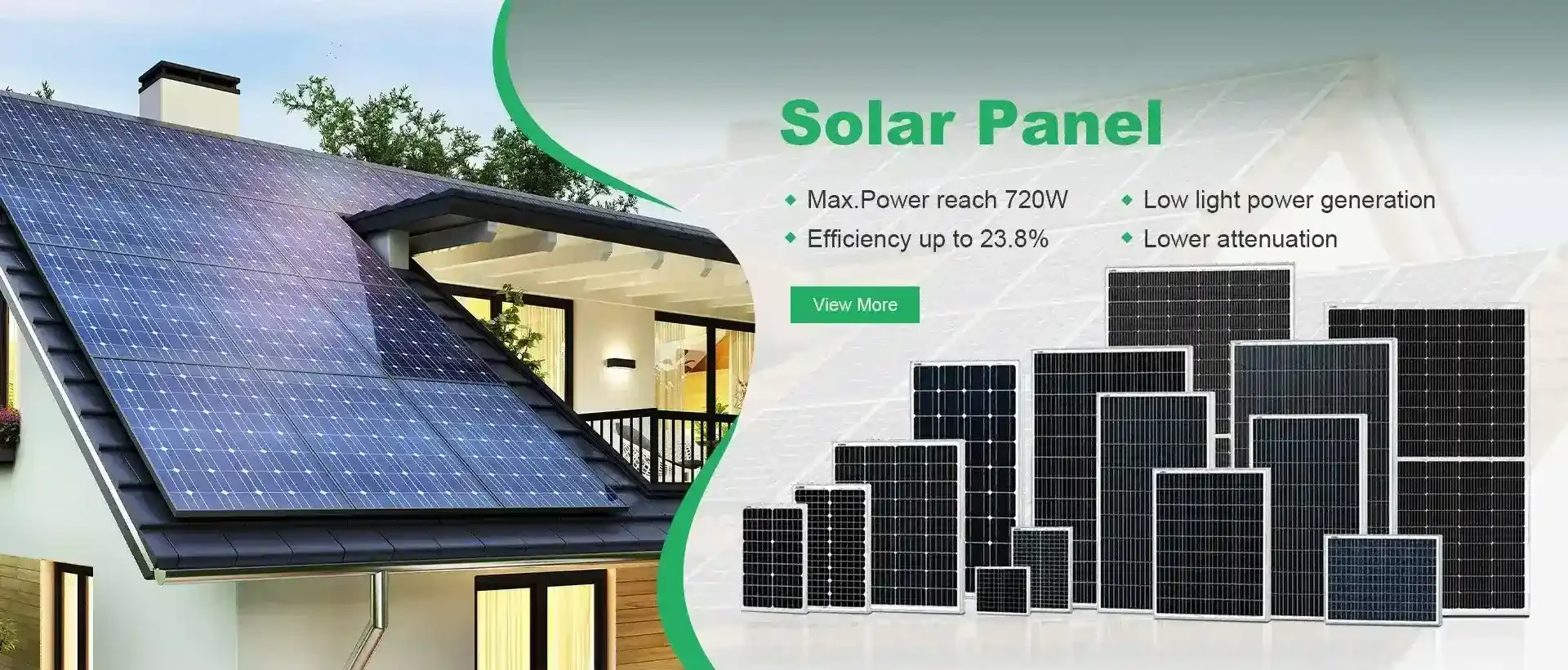Common Dimensions and Sizes of Solar Panels for Residential and Commercial Use
Common Solar Panel Sizes A Comprehensive Guide
As the demand for renewable energy sources continues to rise, solar power has become an increasingly popular choice for homeowners and businesses alike. One of the main factors influencing the decision to install solar panels is their size. Understanding the common solar panel sizes can help you make informed decisions regarding your solar energy system. This article will explore the various sizes of solar panels, their applications, and how to choose the right size for your needs.
Understanding Solar Panel Sizes
Solar panels come in a range of sizes, typically measured in watts (W). The most common solar panel sizes available in the market today range from 250 watts to 400 watts per panel. However, the dimensions of the panels can vary, usually falling within the range of 60 to 72 cells.
1. Residential Solar Panels Most residential solar panels are approximately 65 inches by 39 inches (1.65m x 1m) and are designed to produce between 250W and 400W per panel. The 60-cell panels (often used for residential purposes) typically offer about 250W to 300W output, while 72-cell panels (larger and often used in commercial installations) can produce upwards of 350W to 400W.
2. Commercial Solar Panels For commercial applications, larger panels are often favored due to their efficiency in space utilization. As mentioned, 72-cell panels are the standard in commercial solar installations and can generate a higher output, making them ideal for large-scale solar farms and other extensive applications.
3. Compact and Specialized Panels In addition to standard panels, there are compact options that are designed for specific applications, such as RVs, boats, and portable solar systems. These panels can vary significantly in size and wattage, often providing outputs ranging from 100W to 200W.
Factors to Consider When Choosing Solar Panel Sizes
common solar panel sizes

When selecting the appropriate solar panel size for your project, there are several factors to consider
- Energy Needs Calculate your energy consumption to determine how much energy you need your solar panel system to produce. Understanding your yearly or monthly energy usage will help you decide how many panels you require and their total output.
- Available Space Assess the space on your roof or available land for installation. Larger panels may produce more electricity but require more space. If you have limited space, you may need to opt for more efficient, high-watt panels or consider a ground-mounted solar array.
- System Configuration Solar systems can be arranged in different configurations, such as series or parallel. The system configuration affects the total output and performance of your solar array. It is essential to work with a professional installer who can recommend the best setup for your needs.
- Local Regulations and Incentives Regulations may dictate the size and type of solar panels you can use, particularly in urban areas. Additionally, some incentives may promote the use of larger panels or specific configurations. Researching local rules can help streamline your installation process.
Conclusion
Choosing the right size solar panel is crucial to maximizing your solar energy system's efficiency and effectiveness. While common solar panel sizes range from 250W to 400W, understanding the specific dimensions and wattages, alongside your energy needs and available space, will guide your decision.
As solar technology continues to evolve, the industry is seeing advancements in panel efficiency and energy production, creating better solutions for both residential and commercial applications. Whether you are looking to power your home or business, understanding the common sizes of solar panels allows for a more informed and tailored approach to solar energy adoption. Embracing solar energy not only helps reduce carbon footprints but can also lead to significant long-term savings on energy costs—making it a worthwhile investment for a sustainable future.
-
String Solar Inverter: The High-Efficiency Solution for Smart Solar EnergyNewsJul.14,2025
-
Revolutionizing Rooftop Energy with the Power of the Micro Solar InverterNewsJul.14,2025
-
Power Independence with Smart Off Grid Solar Inverter SolutionsNewsJul.14,2025
-
On Grid Solar Inverter: Powering the Future with Smart Grid IntegrationNewsJul.14,2025
-
Monocrystalline Solar Panels: High-Efficiency Power for the Future of Clean EnergyNewsJul.14,2025
-
Bifacial Solar Panel: A Smarter Investment for Next-Generation Energy SystemsNewsJul.14,2025







